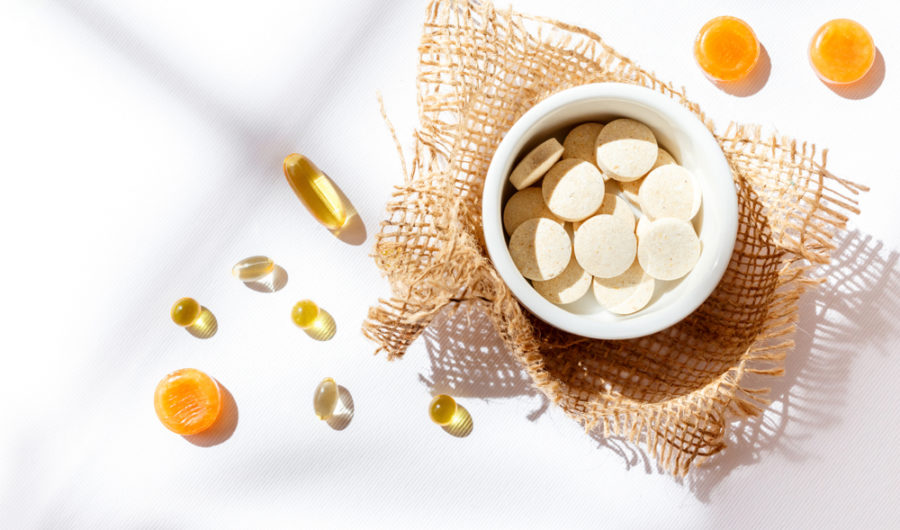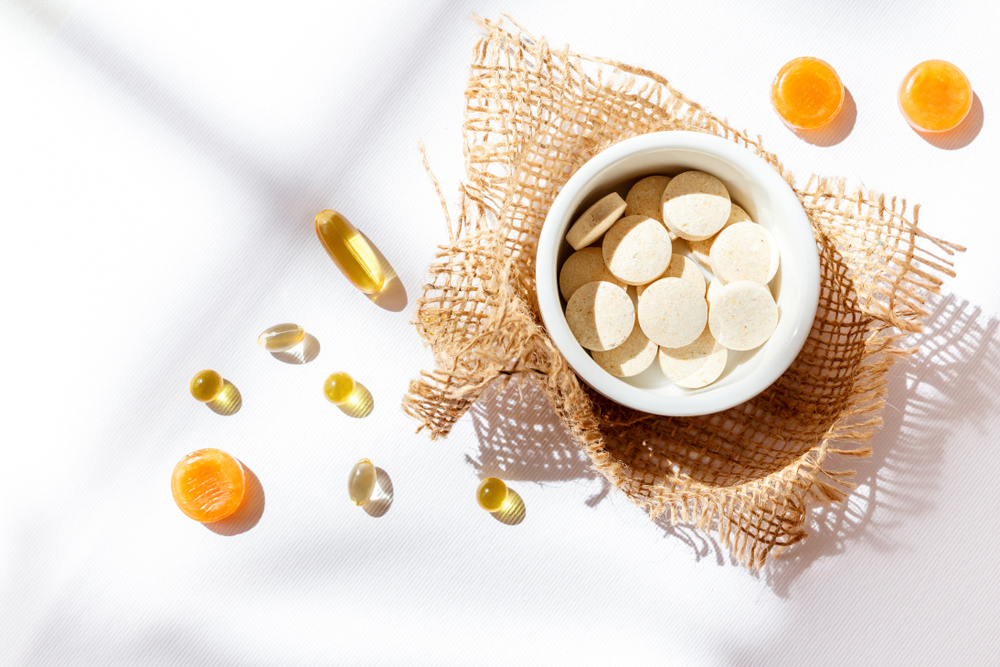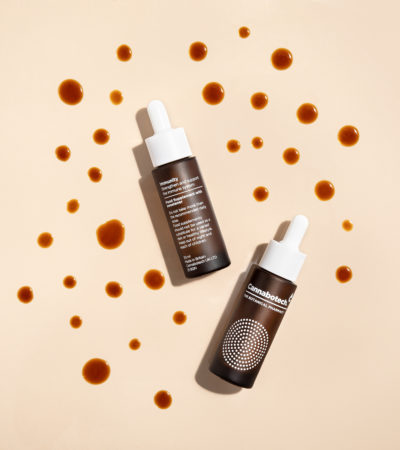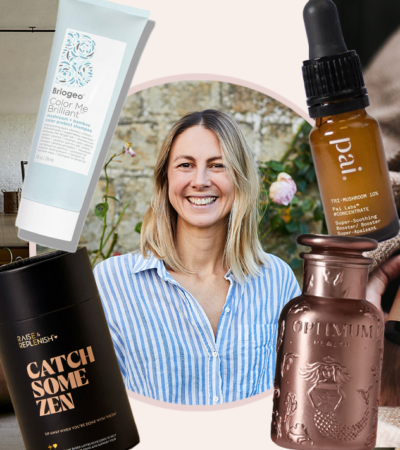As we transition into autumn, the temperature drops and the heating instantly gets turned up. This fast temperature change can increase the risk of developing colds, infections and deficiencies which can make you feel less than optimum.
This shift may result in dry skin and brittle hair but by fuelling our body the right way we can support immunity and nourish our skin from within.
Lily Soutter, BSc (Hons) Food & Human Nutrition, Dip ION, reveals the supplements she recommends for dodging deficiencies and sickness this Autumn.
Vitamin D
With the days getting shorter it gradually becomes more difficult to get our daily dose of this sunshine vitamin. Vitamin D is critical for the maintenance of healthy bones, immune function and may even play a role with mood.
During autumn and winter, the whole UK population are at risk of developing a vitamin D deficiency due to the lack of sunlight and it’s a fact that food is not the most reliable source.
Since the COVID-19 pandemic, Public Health England’s current guidelines recommend that everyone over the age of 4 years old and older should be taking a supplement containing 10 micrograms (400IU) during the months of October-April. It’s even been touted by medical experts that it might be worth taking all year round whilst the threat of COVID-19 continues, although with the vaccine roll-out, this may be less neccesary.
Click here to discover the Vitamin D supplements we rate the most…
Probiotics
Whilst the research around the use of probiotics and immunity is still in its infancy, there’s no denying that our gut microbiome is intrinsically linked to our immune system. Due to widespread antibiotic use and low fibre diets, our microbiome can become compromised.
As of yet, we don’t have a clear picture as to what an optimal gut microbiome may look like, however, it appears the more diverse the better. Two ways of increasing diversity would be to increase our intake of fibre rich foods as well as take a probiotic supplement daily.
Vitamin C
Vitamin C is key for supporting immune function and skin health. The majority of our vitamin C comes from fresh fruit and vegetables, however, The 2016 Health Survey for England found that only 26% of adults were actually consuming the recommended five portions of fruit and vegetables per day!
Whilst the focus should be on food when aiming to increase nutrient intake, a low dose vitamin C supplement can support the diet if you’re lacking in the fruit and veg department.
Check out our Immunity Boosting Vitamin C Smoothie recipe
Zinc
Zinc is essential for healthy skin and wound healing, but is also heavily involved with supporting immunity. When it comes to getting rid of that stuffy cold, the most positive research points towards taking zinc lozenges. In fact, they can provide a significant reduction in the duration and severity of a cold when taken within 24 hours of symptoms starting, and at a dose of 75mg per day.
Lemon Balm Extract
Shorter, darker days and an increase in comfort food, cannot only impact digestion but also mood. Interestingly lemon balm has been used for over 2000 years in traditional medicine to support digestive function, improve sleep and relieve symptoms of stress. One interesting study found that participants taking lemon balm had an increased sense of calmness, whilst other studies have investigated using lemon balm for acid reflux, stomach cramps and nausea.
Whilst much more research is needed in relation to the health benefits of taking lemon balm, the preliminary evidence suggests that it could be a natural go-to when stress is high and digestion is poor.
words by Lily Soutter
READ MORE: Have You Ever Tried Cordyceps? 5 Health Benefits To Know














